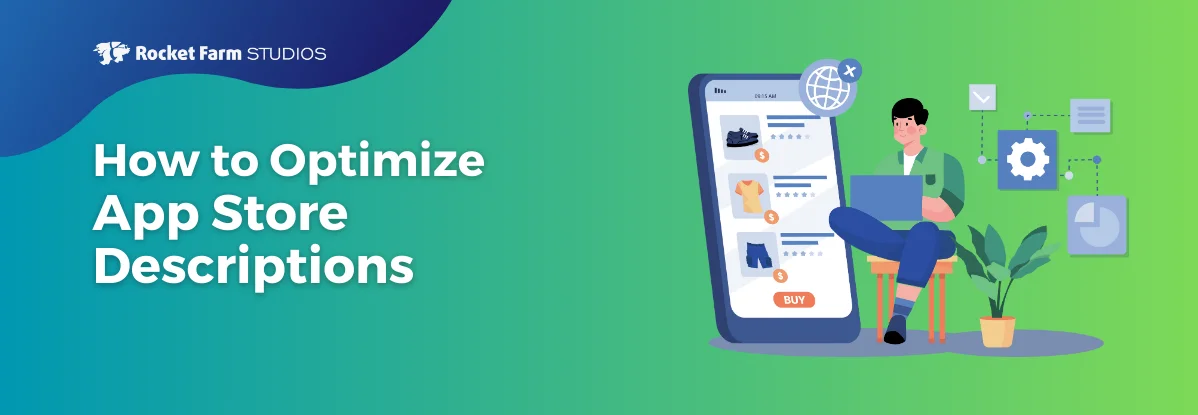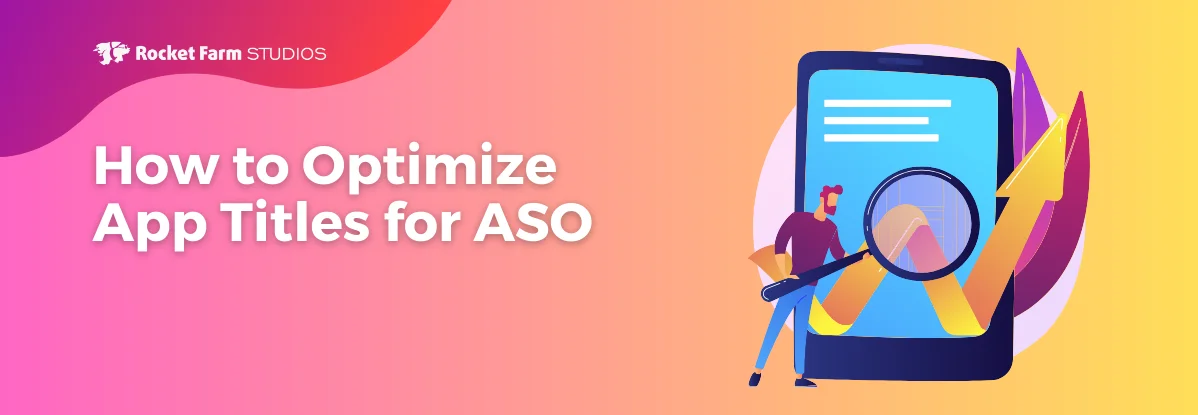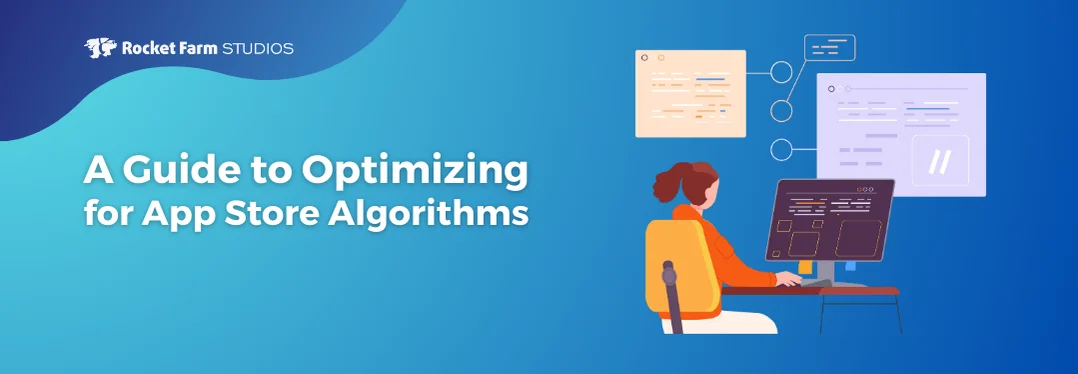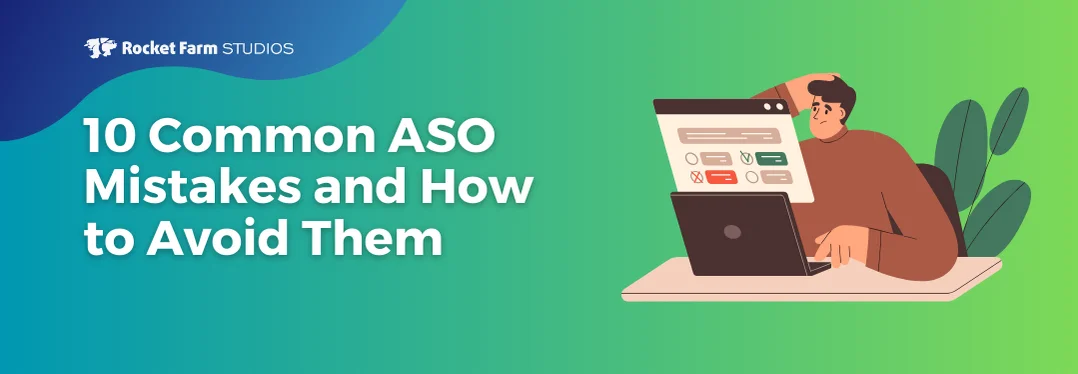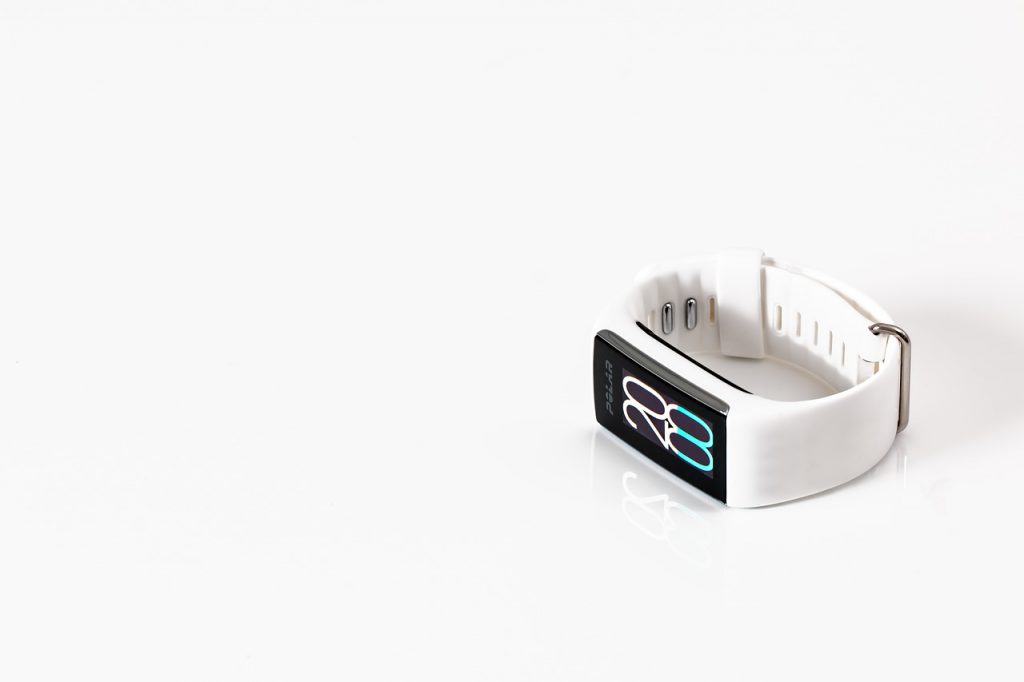
Like 20% of the US population, I have a fitness tracker usually strapped somewhere on my pathetic and out of shape body. I was excited to get it, sure that it would motivate me to walk those 10,000 steps each day until I would feel great about swimming with my shirt off. Well, it’s been a couple years. I still wear it, but I still swim in a hoodie.
Fitness trackers don’t work, says science.
Ultimately, the problem is that exercise sucks and Oreos are great. But for this specific instance, mobile health (mHealth) apps and wearables have been proven not to do much for humans at all. In fact, they might hinder weight loss. A recent article in the New York Times summarized the results of a 2-year study of 470 adults who tried to lose weight with fitness trackers. The result: the half that used wearable tech lost an average of 7.7 pounds; and the half that didn’t lost almost double that. And not only did the techie half lose less weight, but they weren’t any more fit either.
Apparently, most people are like me and a prompt once in a while from the phone or wrist isn’t enough to rouse us from our beanbag chair when there is still so much The Legend of Zelda: Breath of the Wild left to play on our new Nintendo Switch (a gadget that doesn’t judge me). And speaking of Nintendo…
Pokémon Go (and similar apps) won’t get you fit either.
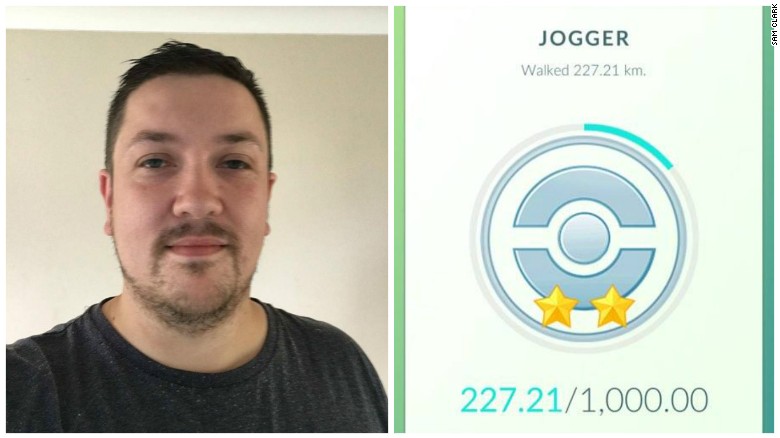
So maybe the fitness trackers aren’t enough. Maybe we need something fun to get us moving. After all, Pokémon Go helped this Brit lose 28 pounds.
source: cnn.com
But as Lifehacker pointed out, you have to play a lot of Pokémon Go to really lose weight:
In the game, you hatch pokémon from eggs you collect at PokéStops, then walk (or run) certain distances to hatch them. So, hatching a 2.0 km egg burns around 120 calories (and that’s a generous estimate). That means you’d need to hatch 30 2.0 km eggs in order to lose just one pound. Not to mention, all the stopping to catch pokémon and collect items at PokéStops slows the whole process down. Because of that, a regular, phone-free walk around the park or office is better for you in the long run.
Since obesity rates are going up, and Pokémon Go usage is going down; it looks like even the most addictive apps won’t save us from ourselves after all. So much for mHealth, right?
The real promise of mHealth.
Better healthcare from mobile apps and technology is not about nagging people to walk a mile. That’s not how it’ll change the world. Real benefits from mHealth will come from using data to come up with better treatments, connecting more physicians to people in need, and providing faster medicine and diagnosis.
We’ve written previously about the potential of mobile healthcare apps and products, and new ideas are emerging all the time. Have you heard of PillDrop, doctHers, or MedMee? They’re already making a difference globally, and it seems like the healthcare industry is only just scratching the surface of what mHealth can do.
For example, over 7 million patients are being remotely monitored as part of their care routines. According to the article, “mHealth applications like therapeutic monitoring and general care delivery platforms can help providers reach several patients at once and cut costs to bolster patient engagement.”
The future of healthcare is mobile.
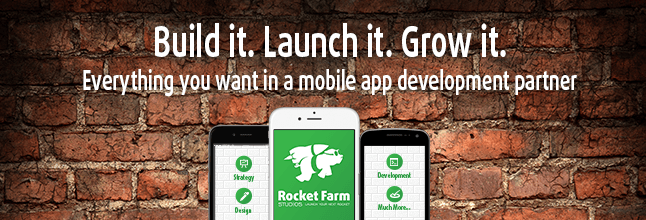
We’re on the horizon of a very exciting time in healthcare. While current politics is considering taking away care from millions of people, mHealth is surging forward to help lower costs, provide for more people in need, and bring about breakthroughs in care.
And who knows? Maybe one day, this thing on my wrist will actually make me healthy.
What do you think about the coming mHealth revolution?




